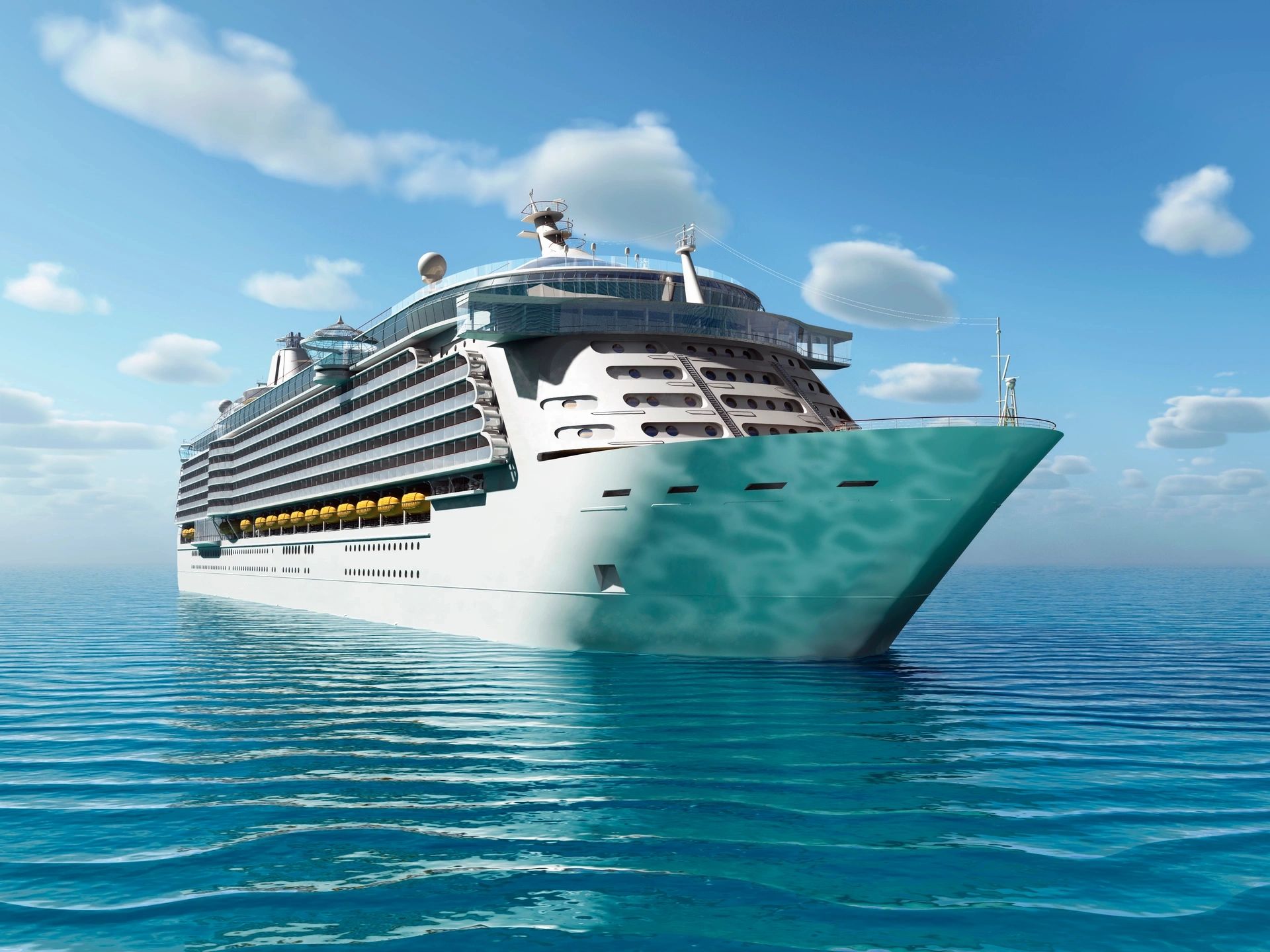By Beting Laygo Dolor, Contributing Editor
The Philippines may soon legalize the use of marijuana, at least for medicinal purposes.
This, after Health Sec. Teodoro Herbosa gave his conditional support for legalizing marijuana, which is still considered addictive but with known medicinal properties and prescribed in numerous countries.
Herbosa said that while he personally believes marijuana for medical use should be legalized, he was totally against its recreational use, and does not favor legal cultivation of the plant.
Said the Health chief during a forum last week: “On medical marijuana, my personal position, and I guess now the Department of Health’s position, is that we are supportive of bills that will legalize medical use or medical indication of marijuana.”
Instead of dried marijuana leaves which are smoked like cigarettes, Herbosa said he was more supportive of cannabis products which are either oils or inhaled substances from manufactured marijuana.
Herbosa is the first Health chief to openly support medical marijuana, although past Health officials have acknowledged that there are indeed medical benefits to be had from the plant, which is easy to cultivate.
Former president Rodrigo Duterte once said that he was not against legalizing medical marijuana but his deadly anti-drug campaign also targeted users and sellers of the weed.
In the Philippines, it is an open secret that the Mountain Province is an easy source of the still-illegal plant, with Baguio City serving as the main distribution hub.
A number of peer-reviewed studies have backed the medical use of marijuana for some patients including those battling cancer.
Earlier studies also found that use of marijuana could lessen the effects of glaucoma.
Cannabis or cannabinoids have also been found to be helpful in treating some forms of epilepsy, nausea and vomiting associated with chemotherapy, and loss of appetite associated with HIV/AIDS.
Among others, marijuana is known to lower blood pressure, reduce inflammation, prevent relapse in drug and alcohol addiction and treating anxiety disorders.
It can also prevent seizures and treat gastrointestinal disorders.
Herbosa said that medical marijuana is already available in the country but for very limited cases.
After a thorough process, it is allowed for cases with a Compassionate Use Permit.
In the US, numerous states have legalized marijuana not only for medicinal use, but also for recreational use.
These include California, Alaska, Oregon, Washington DC, Maine and Massachusetts, among others.
Other countries such as Canada, Mexico, Georgia, Malta, Uruguay and Luxembourg have also legalized marijuana.
In Asia, the latest country to legalize marijuana (AKA weed) is Thailand where an entire local industry was created as a result.
Last year, however, some Philippine senators expressed doubts that the measure proposing easier access to marijuana for medical use had enough safeguards for such a policy.
Sen. Robin Padilla, head of a subcommittee, concluded an inquiry on efforts to make medical cannabis more acceptable to patients.
In the House of Representatives, HB 6783 was filed which proposed to remove marijuana and any of its derivatives from the list of dangerous drugs and substances.
Like the Philippines, there are still a number of countries that consider marijuana a dangerous drug, and mere possession can land one in prison in places like Indonesia and Malaysia. Singapore is believed to have the harshest penalties for even possession of weed in small quantities.
Opponents of legalized marijuana say that allowing medical use poses dangers since it is an addictive drug with serious risk of abuse.
The United Nations removed marijuana from its list of most dangerous narcotics.

































